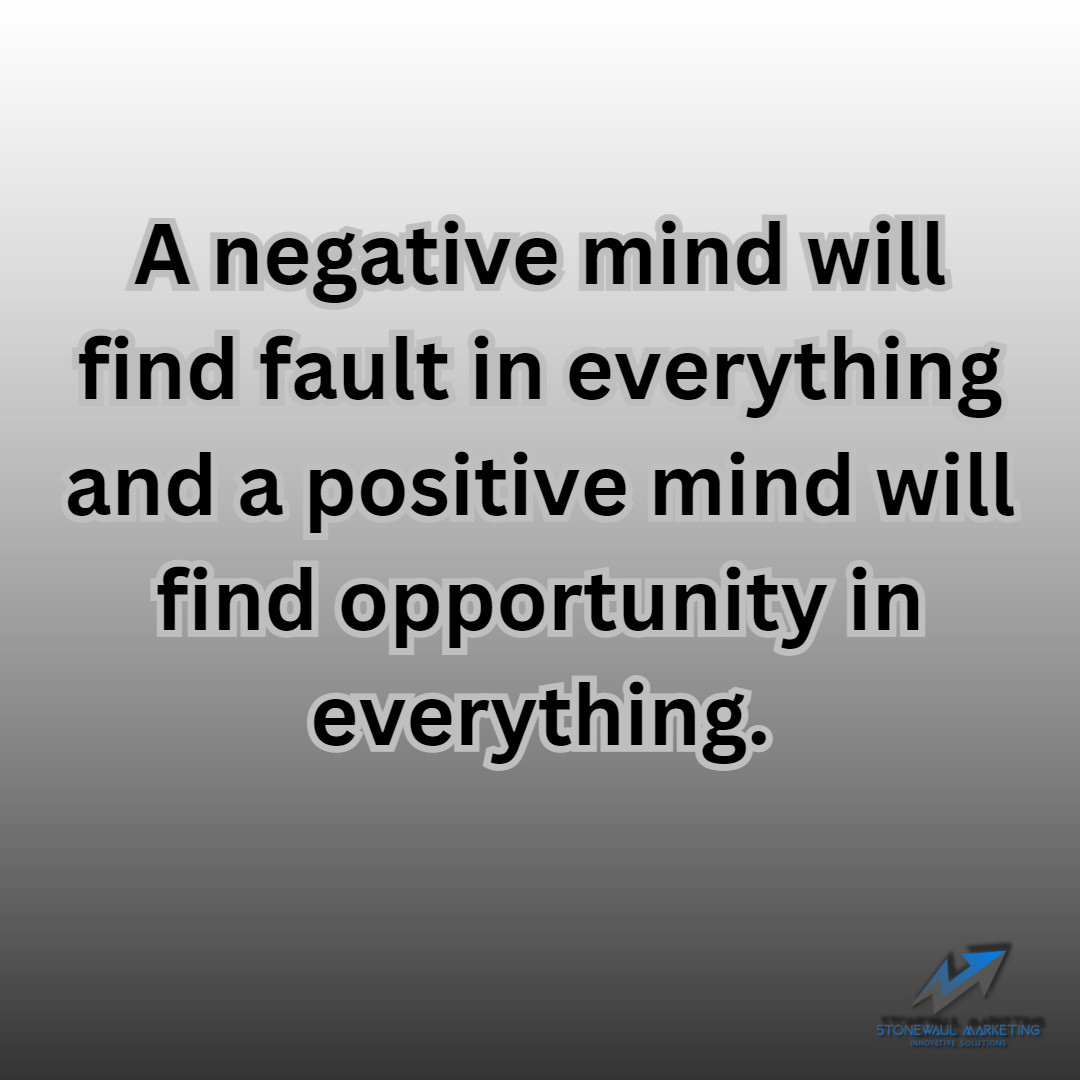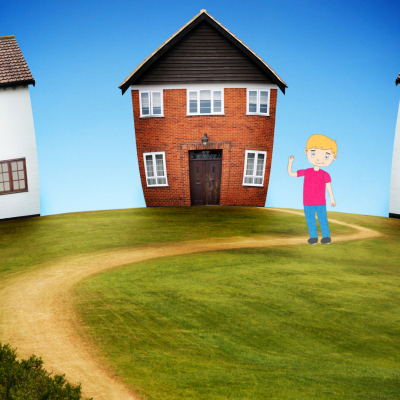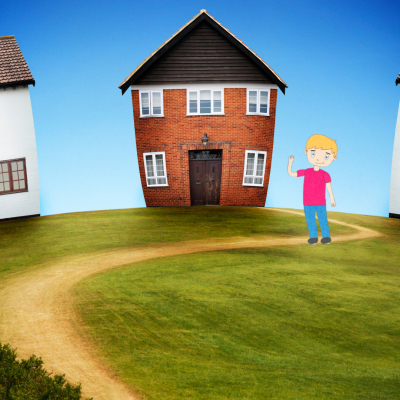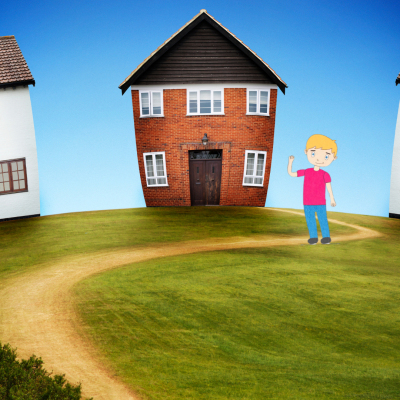A negative mind and a positive mind represent two contrasting outlooks on life and have distinct characteristics.
Here are the main differences between them:
Perspective - A negative mind tends to focus on limitations, shortcomings, and problems.
It sees obstacles as insurmountable and views the world through a pessimistic lens.
In contrast, a positive mind adopts an optimistic perspective, seeking opportunities, solutions, and lessons in every situation.
Attitude - A negative mind often exhibits a defeatist attitude, believing that circumstances are beyond control and that failure is inevitable.
It may harbour self-doubt, fear, and a sense of victimhood, On the other hand, a positive mind embraces a can-do attitude, believing in personal agency and resilience.
It approaches challenges with a proactive mindset and sees setbacks as temporary hurdles to overcome.
Emotional Well-being - Negative thinking tends to generate negative emotions such as anxiety, fear, sadness, and frustration.
It can lead to a downward spiral of pessimism and negativity, In contrast... positive thinking promotes emotional well-being by cultivating feelings of hope, happiness, gratitude, and contentment.
Positive emotions contribute to overall psychological resilience and well-being.
Problem-Solving - A negative mind tends to get stuck in a cycle of complaining and dwelling on problems without actively seeking solutions.
It may engage in negative self-talk and limiting beliefs that hinder problem-solving efforts.
Conversely, a positive mind approaches problems with a solution-oriented mindset... It focuses on identifying options, generating creative ideas, and taking action to address challenges effectively.
Relationships - Negative thinking can strain relationships as it often involves criticism, blame, and a tendency to focus on faults in others.
It can create a negative atmosphere and lead to conflicts, On the other hand... a positive mind cultivates healthier relationships by fostering understanding, empathy, and appreciation for others.
It encourages supportive and constructive communication, strengthening connections.
Resilience - A negative mind may struggle to bounce back from setbacks and may dwell on past failures, leading to a fear of trying again.
In contrast, a positive mind embraces resilience... bouncing back from failures, and using them as learning experiences.
It maintains a growth mindset, seeing setbacks as opportunities for growth and personal development.
It is important to note that having a positive mind does not mean ignoring or denying negative aspects of life.
It is about maintaining a balanced perspective, acknowledging challenges, and choosing to approach them with optimism and a proactive mindset.
Developing a positive mind is a journey that involves conscious effort, self-reflection, and consistency in cultivating positive habits and thought patterns.










